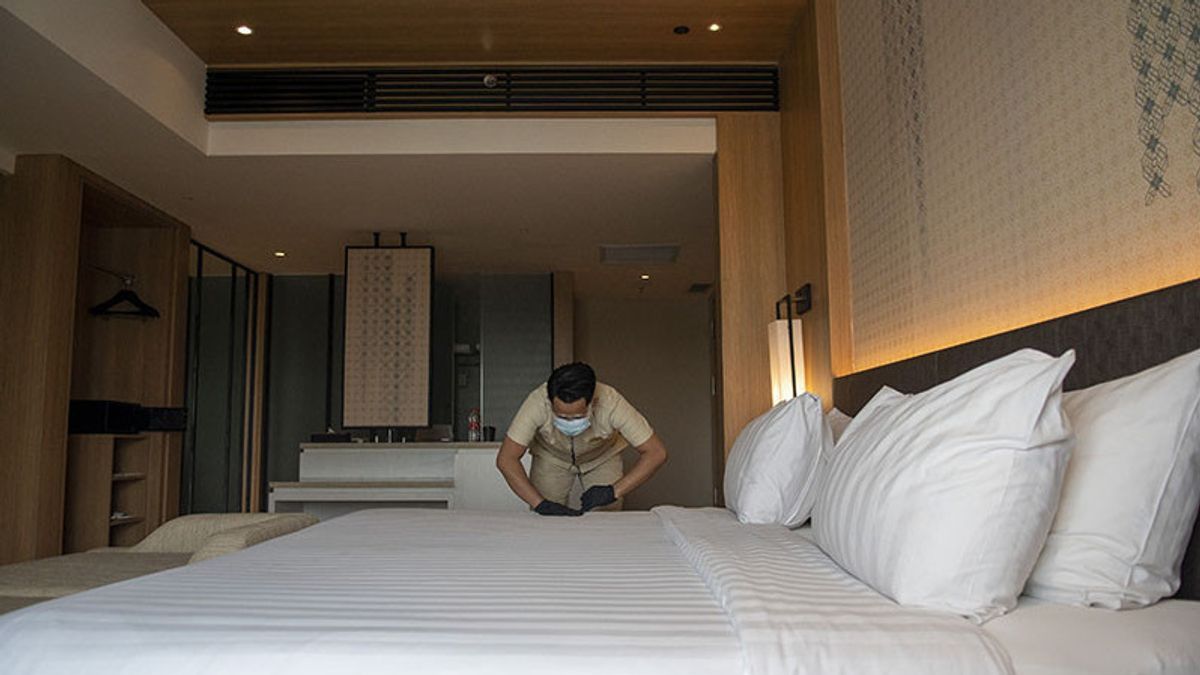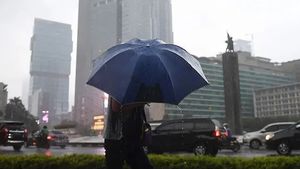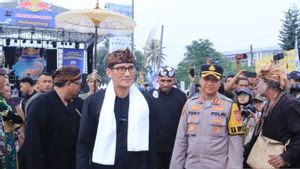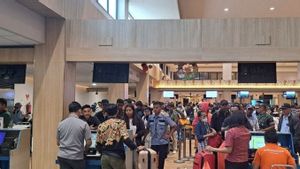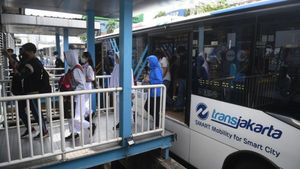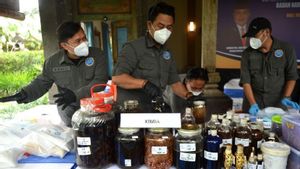JAKARTA - Chairman of the Indonesian Hotel and Restaurant Association (PHRI) DKI Jakarta, Sutrisno Iwantono, said that collective holidays and leave benefits hotel and restaurant businesses because many people travel so that hotel occupancy or occupancy rates increase and restaurant visitors increase.
"For the tourism sector, this collective leave has a positive impact. People will travel and stay at hotels or eat outside. Likewise with hotels outside Jakarta, because many people go out of town," said Sutrisno, Friday, May 24.
However, said Sutrisno, Jakarta is different from other regions. The reason is, activities in Jakarta are dense on weekdays or working days for business and government affairs. Meanwhile, on holidays, many people go outside Jakarta.
"Jakarta is unique, there are many guests on weekdays related to work, because it is still a business and government center. On holidays, many Jakarta people come out," he said.
However, he said, Jakarta is still visited on holiday together, especially school children or students who travel in historical and iconic places, such as Taman Mini Indonesia Indah (TMII), Ancol, Monas, and Ragunan.
"We certainly hope that outsiders will also enter Jakarta, especially school children and students to travel in Jakarta, to visit museums, LRT, and business centers," he said.
SEE ALSO:
Sutrisno said that prolonged collective leave needs to be studied so that work productivity in sectors outside of tourism is maintained. In addition, tourism sector players and other sectors can collaborate so that they can enjoy the benefits of collective leave.
"For factories, holidays can continue to reduce productivity. Moreover, the productivity of workers in our country has not increased, compared to other countries in ASEAN," concluded Sutrisno.
The English, Chinese, Japanese, Arabic, and French versions are automatically generated by the AI. So there may still be inaccuracies in translating, please always see Indonesian as our main language. (system supported by DigitalSiber.id)
